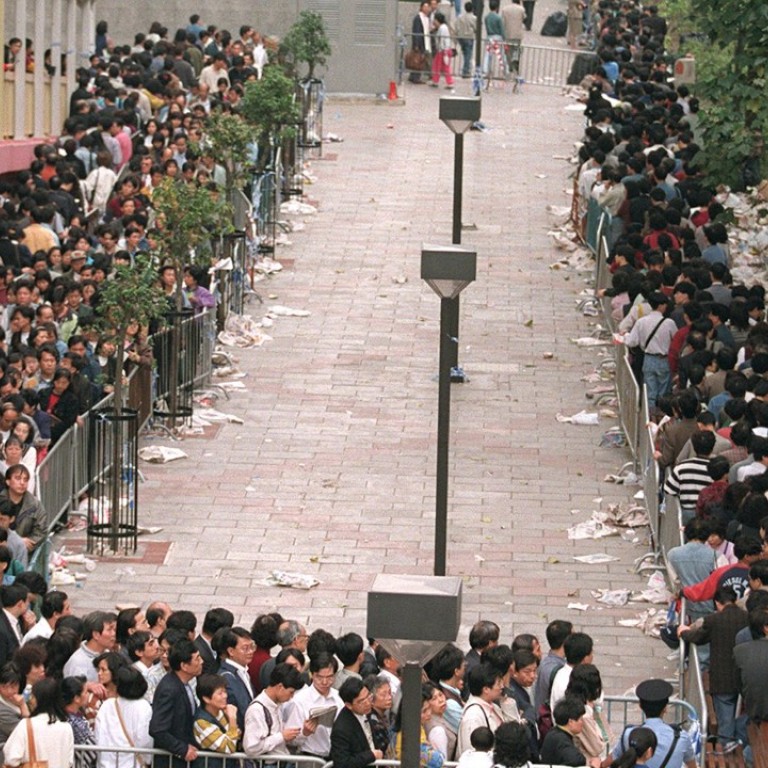Advertisement
Advertisement

Britain’s denial of citizenship stings because Hong Kong feels betrayed on ‘two systems’
I read with great interest your article, “Britain’s ‘disgraceful’ pre-handover efforts to deny nationality to Hongkongers revealed in declassified cabinet files” (July 24).
Inevitably, I then visited the comments section which, by early Tuesday evening, had attracted well over 200 missives. Practically everyone posted negative views, which is perhaps understandable, given the none-too-cryptic trigger the article had been wrapped in.
One thing to bear in mind, though, is that when the British officials were working on their strategy for dealing with the handover, presumably in the backs of their minds was the idea that Beijing would go out of its way to deliver in spirit on the “one country, two systems” principle of governance.
Had the incoming landlord subsequently lived up to these expectations, I am sure that many readers would have pretty much skimmed through the article and concluded that it didn’t really matter: “all’s well that ends well”.
Watch: What does ‘one country, two systems’ mean?
The reality of ‘one country, two systems’: Beijing has ultimate control
That history has, unfortunately, proven this not to be the case, I contend, underpins the reaction: because it suggests that a whole lot of local people now wish they could have been able to take up British citizenship at the time.
It is never a good thing to be on the receiving end of betrayal, whether real or perceived.
Jason Ali, Mui Wo

Post
